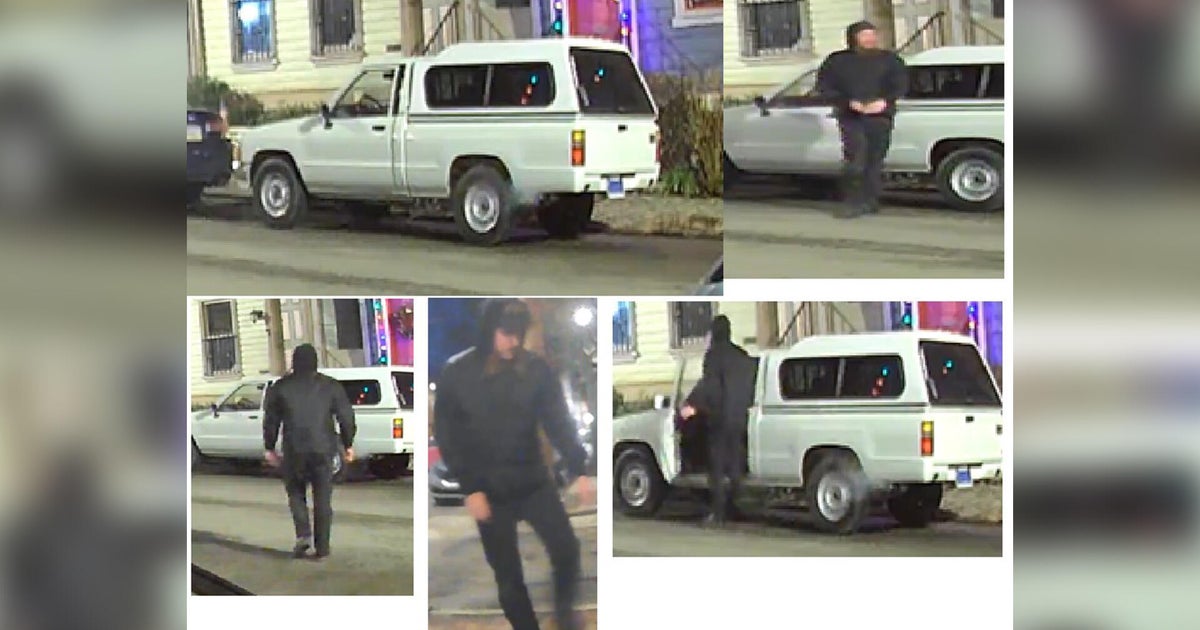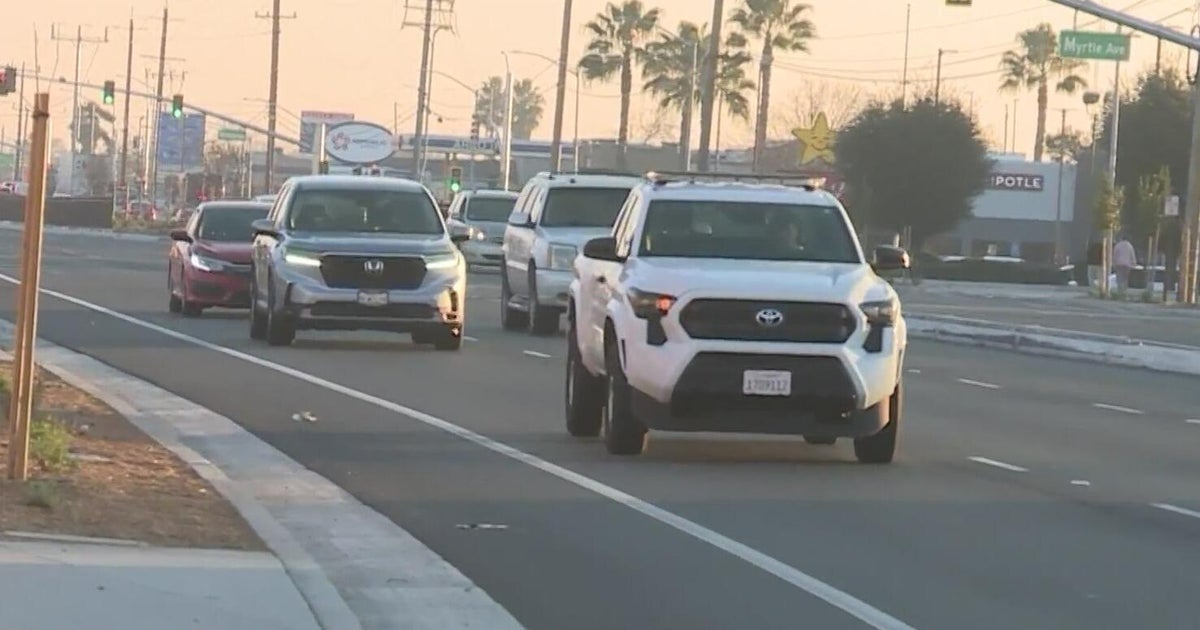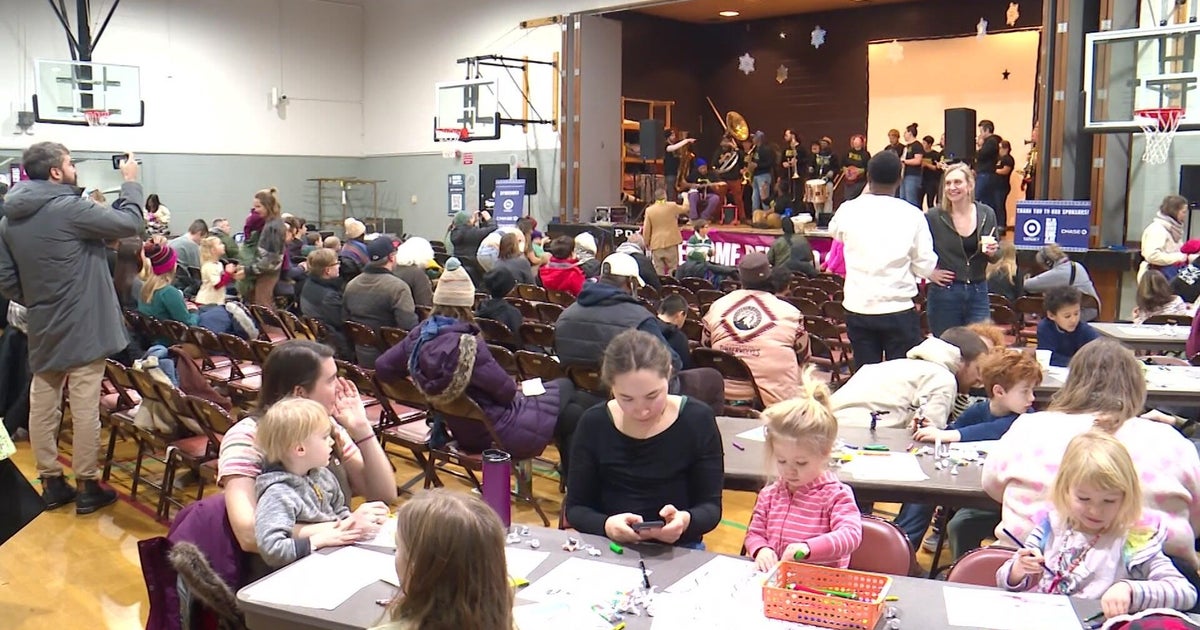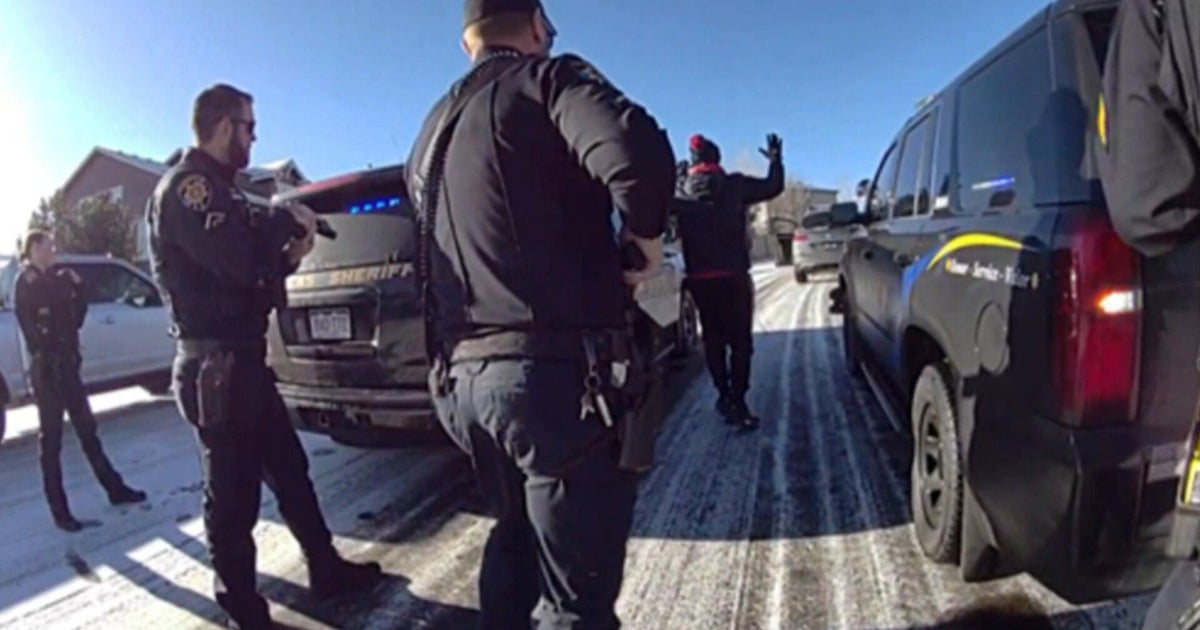'Red flag' law rarely used in Illinois
CHICAGO (CBS) – Illinois has had a law allowing courts to take guns away from potentially dangerous people since 2019.
In the wake of last week's mass shooting in Highland Park, CBS 2's Chris Tye looked into the Firearm Restraining Order Act, often referred to as a red flag law, how often it's used and what those seeking to use it should keep in mind.
In 2020 and 2021, judges in Illinois have issued a total of 115 firearm restraining orders after family members sought guns to be taken away from loved ones showing violent tendencies, less than five per month statewide.
Experts pointed to two main reasons why the law was used so infrequently.
First, most Illinoisans simply don't know what the law is, how it's used, and who it applies to.
Second, for a court to remove guns from someone, a loved on of the gun owner has to set the process in motion to have the guns taken away.
That could open the loved one up to even more violence and start a process that's difficult to undo.
"We just need to do a better job across the entire system to get the word out about these tools," said Lake County State's Attorney Eric Rinehart.
Rinehart, who is prosecuting the case against the Highland Park shooting suspect, said family members need to act courageously.
"We need to see more from the community," he said. "We need to see more from family members."
Victims advocates said if family members decide to act, they need a thorough safety plan.
"We don't want law enforcement officers going out to a home, removing the firearms but leaving a survivor in a home with an abusive partner whose now going to be furious because they've had their guns taken away," said Amanda Pyron, of "The Network," which advocates against domestic violence.
Pyron said the safety plan also needs to include thinking about all those who could feel the trickle down effects of a volatile loved one having a weapon removed.
"Where are you going to stay?" she said. "How are you going to get children to and from school safely? Are you going to notify the school that this has happened? Are you going to notify your employer that this has happened."
Most red flag law cases stem from individuals with prior domestic violence incidents. Families in those situations need to think about whether the risk of acting to remove the gun is greater than or less than keeping things the way they are, experts said.
Just 18 gun removals took place in Cook County and just once in Lake County, where last week's deadly shooting took place.
DuPage County saw 72 cases under the law. The state's attorney there said it's because police in the county are thoroughly trained to advise victims of domestic violence about the law.
Loved ones considering using the law should also be thinking about a support network they may need to use once the guns are removed, experts said.
"Who's supporting them as they've made this difficult decision to acknowledge pretty publicly that things in their life aren't going the way they want them to?" Pryor said.
The law in Illinois allows judges to remove the guns for six months, then a return of the weapon is reviewed. Tye spoke with legislators on Tuesday who are looking to expand that to a year in Illinois and widen out who can apply to trigger the process, so it's just not family members.
That issue may come before state lawmakers this fall.








